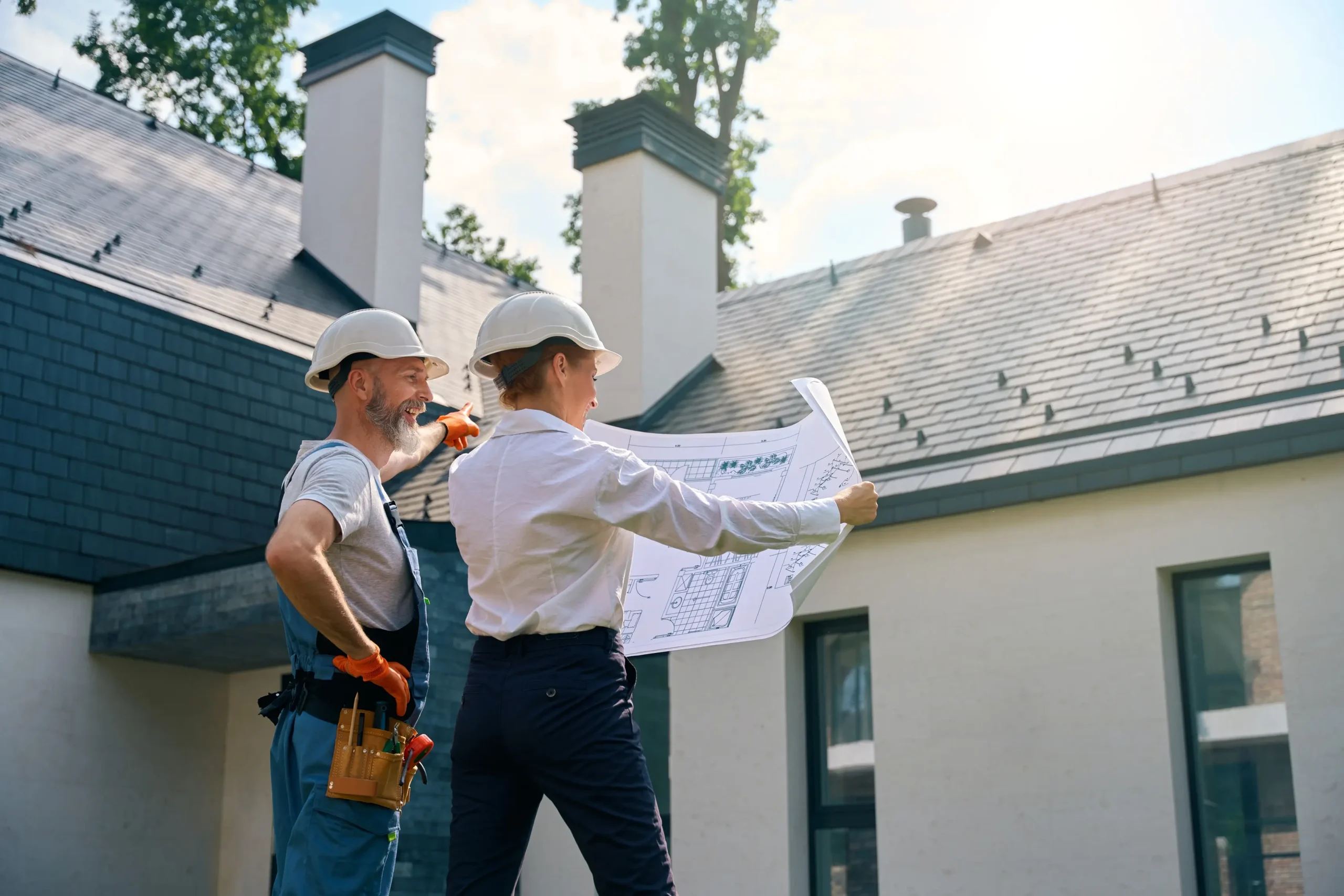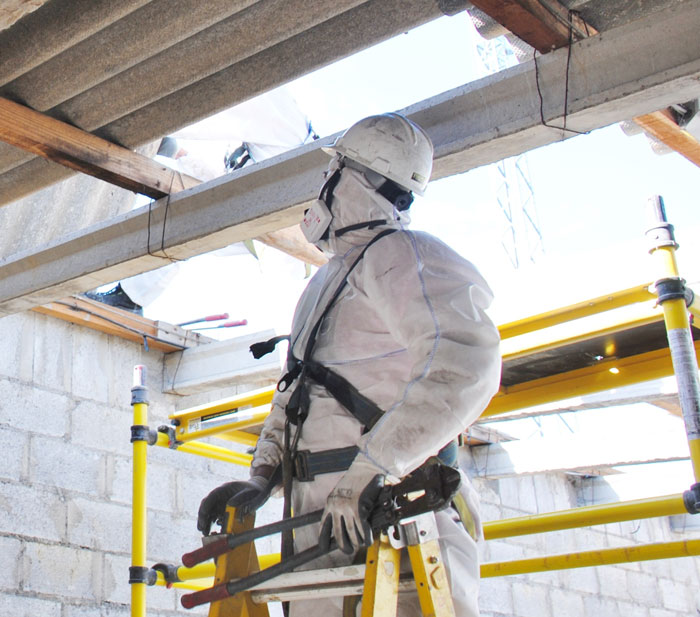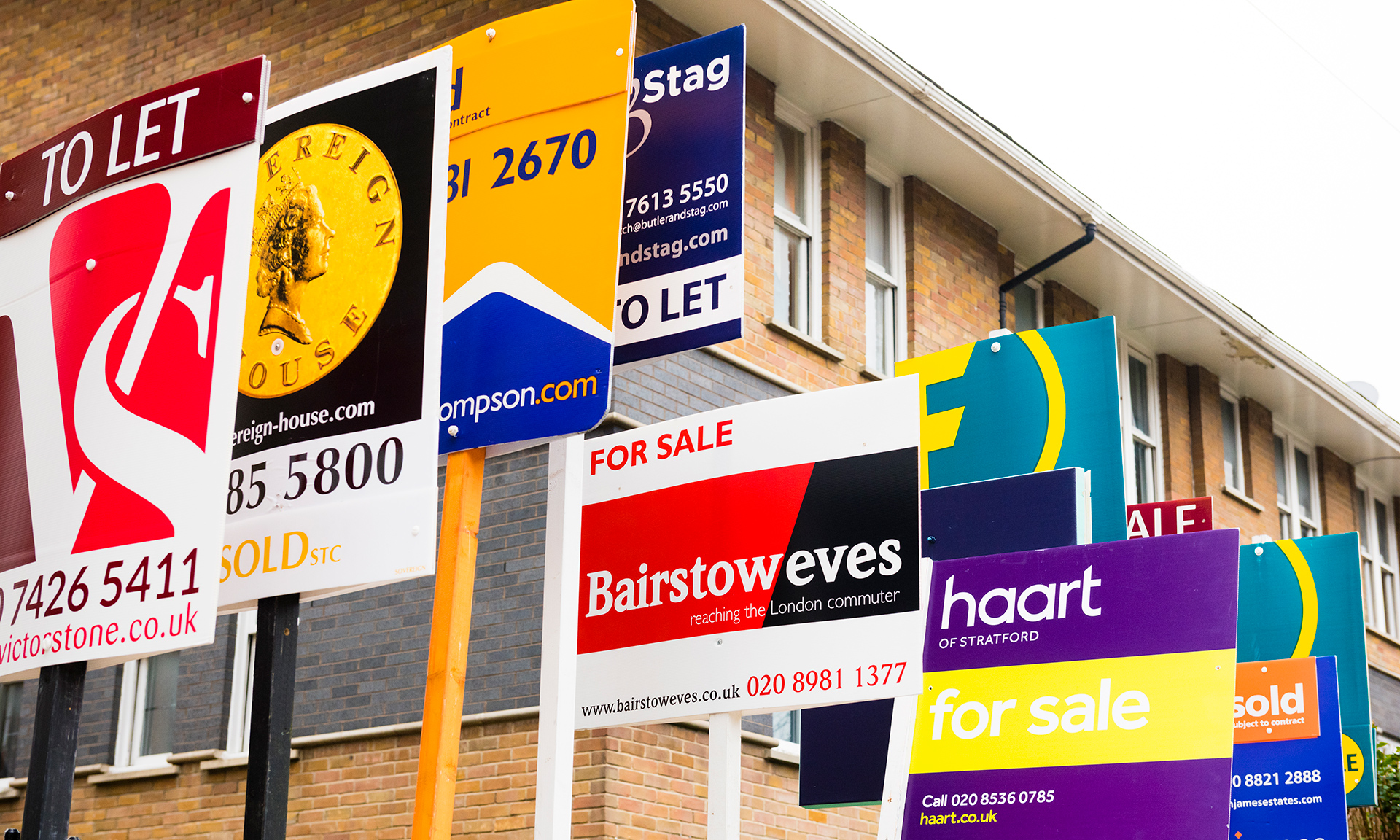Avoid the Hazards of Buying Abroad – Eight Top Money Saving Tips

The market slump witnessed over the past ten years seems to finally be on the up and up, particularly in Spain, which has always been a top destination for Brits looking for a more relaxed lifestyle and, of course, great weather!
Whether you are looking for a holiday home or a permanent place to retire, buying abroad can be hazardous. To ensure your dream does not become a nightmare, here are eight common pitfalls that you need to be aware of to help you make the right choices.
1 . Location
Of course, certain areas are less expensive than others. Additionally, living costs can change substantially depending on where you live. When choosing a location, everyday costs need to be taken into account. For example, if you purchase a house off the beaten track, travel costs will be higher than living closer to or in a town. Public transport might not be available, so you need to run a car, which is another expense.
The Internet is usually much more expensive and perhaps even unavailable in some rural areas. The cost of everyday groceries can be forty, maybe even fifty per cent higher if you buy from local privately run businesses. Old, large properties might seem picturesque in summer, but in winter, they can cost an arm and a leg to heat. Electric is particularly expensive in Spain.
Wood burners are typical in older properties and equally costly to run. While the house may be cheaper, your everyday costs can be very high, depending on where and what you buy. When choosing a property, it is essential to consider these things, not just the price. Do your research. Visit the areas you find interesting and ask the locals how things work.
2. Legal Issues
All countries have real estate laws, which may differ from what you are used to. For example, in Spain, a contract written solely in English is not a legally binding contract – It must be in Spanish even if the seller and buyer are English. It is not uncommon (particularly for property developers) to offer the services of their lawyers. It is unwise to presume that things are done the same or similarly to the UK. The best step forward is to get independent advice before buying and ensure they have zero connections with the seller. This can be particularly difficult in more rural Spain, so take care of it. While any legal contract must be in Spanish demand, it must also be translated into English, thus ensuring you know exactly what you are signing.
3. Mortgages
Since the 2008 meltdown, UK Banks have been less willing to lend money on Spanish property. If you have equity in your UK home, remortgage is an excellent way to raise capital.
Mac McCarthy of local firm Javea Properties on the Costa Blanca tells us they have seen a threefold increase in buyers with UK mortgages approved, which is quite a turnaround compared to previous years.
Another option is to apply for a mortgage in Spain. Mortgage rates can vary quite extensively, so shop around. However, please do not presume that because your credit is good in the UK, it will be a matter of course for you to get a mortgage in Spain. When assessing your budget, make sure you also allow for notary fees, legal costs, taxes, insurance, and actual moving costs. If you are buying a property to rent, make sure you can cover your mortgage by doing the maths. You can learn more about buying a home with a Spanish mortgage at www.inmobiliariajavea.es.
4. Currency Exchange
It is incredible how quickly currencies change. Timing is everything. You could save hundreds of pounds by being thrifty about with whom and when you choose to transfer your money. Banks are usually the least profitable. Some offer zero commission, but their exchange rates can be less than desirable. Shop around the many currency exchange companies available to compare charges and exchange rates. The arrival of Brexit could make this even more volatile: The pound could weaken. Some companies offer ‘forward contracts’, which can lock the rate for up to a year.
5. Annual and Ongoing Costs
Once you buy a property, remember the costs do not stop there! If you buy a property on complex, yearly maintenance charges are often applicable; these can be quite significant if a communal pool and gardens are included. In addition, like the UK, there are local taxes that need to be paid yearly. Ensure you always look for the best exchange rates and, if applicable, are able to charge enough rent to meet these ongoing costs.
6. Moving is Never Easy
They say moving house is one of the most stressful things you can do—right up there with divorce! Relocating to another country can be a mammoth task. Opting to DIY can cut costs, but underestimating the task probably means it will end up in tears. It is easy to overlook issues such as access. Hauling a large truck across Europe only to realise it cannot access your property is a common mistake.
Additionally, think about the furniture and goods you are taking. Do you need them? Is it cost-effective? Will they even last a Spanish summer? Get several quotes from reputable companies and research to ensure you don’t get caught up.
7. Pension Problems
UK state pensions continue to be paid if you stay within European countries with a social security agreement with Britain. For example, if you relocate to Australia or the USA, it is a whole different ballgame. This must be investigated if your state pension is paramount to your retirement. The rules can change substantially from country to country, with high penalties.
8. Brexit
The financial implications of Brexit are still unclear, particularly regarding how it will affect the pound’s value. Many are waiting until things are settled before packing up and shipping out. In reality, this could be a good thing, but it’s all so up in the air, so putting off your purchase might not be the right choice. Keeping up to date with the political developments and speaking to a Forex advisor can help you make the right decision.
If you speak to anyone who has actually made the move to Spain or any other country, most will tell you the same. Whatever you do, don’t rush! Take your time to find out the facts and do the math. This is the best way to avoid the hazards that befall many when deciding to buy abroad. Good Luck!










